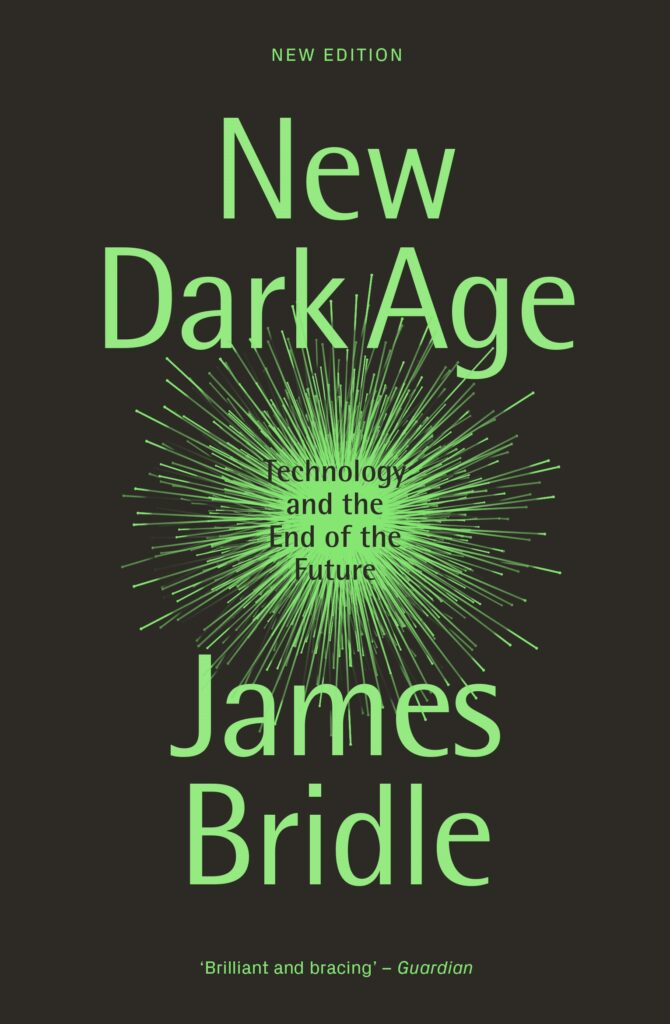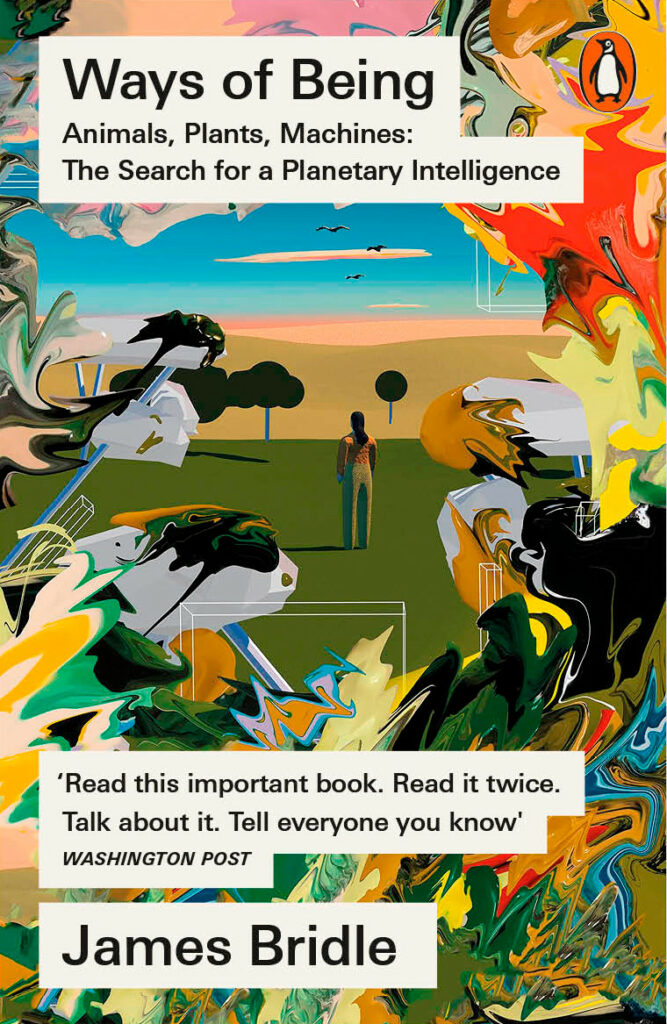This was also published to my newsletter, sign up to it here.

Last month, Navine and I opened SUPER KIOSK, pictured above, at the Thessaloniki Biennial:
SUPER KIOSK is a standalone structure made from 100% reclaimed wood, featuring rainwater collection and solar purification, solar-powered tea-making with a selection of endemic Greek mountain teas, and hand-made ceramics. SUPER KIOSK was a collaboration between James Bridle and Navine G. Dossos (representing Vessel), and students from the Architecture school at the university of Thessaloniki. It was inspired by the work of Walter Segal, Dimitris Pikionis, and the history of DIY, self-build, and regenerative construction. The installation is set within the historic courtyard of the Islehane museum, which, through its history as an orphanage and technical school during the last years of the Ottoman Empire, links back to the Kapodistrian Orphanage in Aegina as well as Vessel’s vision of an engaged, collective future.
SUPER KIOSK is on show at the wonderful Islehane museum in Thessaloniki until the end of May, and you can find out more on my website, and through the Biennial. More photos here.
*
To mark five years since the original publication, Verso Books have released a new edition of NEW DARK AGE, my book about the culture of network technology and the nature of knowledge in the digital age. It has a natty new green jacket:

To mark the reissue, I’ve written a new afterword, which examines some of the things that have and haven’t changed about technology in the last half-decade. You can read an excerpt from this afterword, looking at the current cycle of Artificial Intelligence hype, published in The Guardian this week:
The lesson of the current wave of “artificial” “intelligence”, I feel, is that intelligence is a poor thing when it is imagined by corporations. If your view of the world is one in which profit maximisation is the king of virtues, and all things shall be held to the standard of shareholder value, then of course your artistic, imaginative, aesthetic and emotional expressions will be woefully impoverished. We deserve better from the tools we use, the media we consume and the communities we live within, and we will only get what we deserve when we are capable of participating in them fully. And don’t be intimidated by them either – they’re really not that complicated. As the science-fiction legend Ursula K Le Guin wrote: “Technology is what we can learn to do.” […]
*
WAYS OF BEING is currently appearing in a number of languages and some magnificent new jackets, including the Italian and Brazilian editions below. Dutch, German, French, Hungarian, Japanese, Korean, Turkish and other translations are either out now or on their way. And you can now pre-order the English paperback in US and UK editions, if you somehow haven’t got a copy yet…

It’s been a pleasure talking about the book in various places. You can listen to or read my interview with Emergence Magazine online here:
We think so much like computers today because they’ve defined what is thinkable. And so for me, rethinking the computer rethinks what is computable, and therefore rethinks what is thinkable at all about the world.
Everything is equally evolved. Everything has been on this planet for as long as everything else. Everything has been in this universe for as long as everything else. Nothing is more evolved than anything else. Everything has been evolving for the same length of time. Everything has been becoming for the same length of time. […] And that immediately destroys any idea of hierarchy or division for me that might shape or inform that splitting and clumping that’s been the last century of scientific legacy and that we are finally getting rid of.
And I talked to one of my favourite writers, Claire Evans, for Grown by Ginkgo magazine:
I don’t think there is such a thing as an artificial intelligence. There are multiple intelligences, many ways of doing intelligence. What I envisage to be more useful and interesting than artificial intelligence as we currently conceive of it—which is this incredibly reduced version of human intelligence— is something more distributed, more widely empowered, and more diverse than singular intelligence would allow for. It’s actually a conversation between multiple intelligences, focused on some narrow goals.
*
I have a few exhibitions coming up and in progress. I am participating in Face to Face, an exhibition about identity and identification at the National Museum, Wroc?aw, and Perfect Behaviors, an exhibition about the quantification of everyday life, at OGR Torino. I’m particularly pleased that Windmill 003 (for Walter Segal was selected for Renaissance 3.0, Peter Weibel’s final exhibition at ZKM, which explores the use by artists of the tools, methods and programs of science.
Comments are closed. Feel free to email if you have something to say, or leave a trackback from your own site.